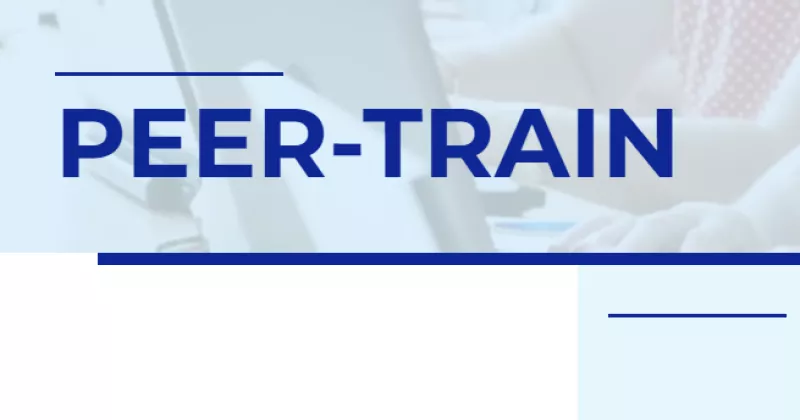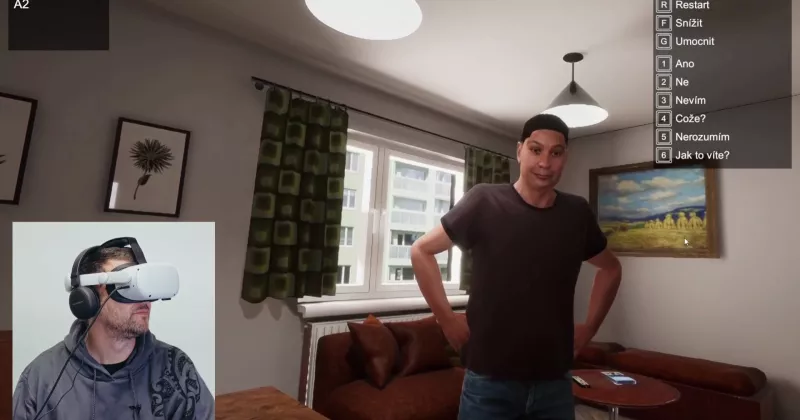SOFT SKILLS: WHAT THEY ARE AND HOW TO DEVELOP THEM

In today’s society, there is a need for adults regularly to enhance their personal and professional skills and competences. But teaching/coaching/mentoring adults is not as easy as it might seem. When working with adult learners, there is a shift in the relationship between faculty member and students, and a shift in the way that learners will perceive the effectiveness of different teaching methods.
The mission of the person involved in the area of training adults goes beyond teaching itself. To put it differently, the trainer becomes a coach, a mentor who has to face unique challenges such as deeply-rooted learning habits, work and family obligations, possible struggles with participation and so on and so forth.
Things become even more complicated when working with disadvantaged people such as people with disabilities, people with chronic diseases, people affected by poverty or illiteracy, people suffering from co-dependent personality disorders, etc. The ones who work with them have to invest in improving their professional and coaching skills.
The question logically arises: How can we instil self-esteem, self-acceptance, solidarity, altruism, the desire to learn more and share with others? Coaching is about the relationship between coacher and coachee; it can be successful only if coachees are able to discuss every aspect of an issue or challenge with their coach. During informal interactions, we may need to listen to personal problems or private information that must be kept confidential and help others reflect on their situations and feelings. We will also need to help others understand and manage their emotions in order to accept their present situation and set goals for the future. At any time in one’s life emotional, financial, career problems may appear and we should be able to develop life management skills.
What are soft skills?
Soft skills tend to be more personality-focused, as opposed to being based on qualifications, technical skills, or vocational experience. That includes things like people skills, social skills, interpersonal skills, and transferable skills.
In contrast, hard skills are technical skills that are often job specific. They come from certification programs, employee training, and work experience and can be taught, measured, and tested through exams and practical assignments or quizzes.
Hard skills tend to relate to the core business of an organization, such as writing skills, computer networking skills, machine operation, business analysis, design, and construction. Soft skills deal more with interpersonal relationships and involve things like conflict resolution, communication, listening, and problem-solving.
As mentioned, soft skill development is often underestimated and not given due importance. Plus, while hard skills can be learned and mastered over time and with repetition, soft skills can be harder to develop and more difficult to accurately evaluate and measure.
Generally speaking, soft skills consist of:
• Leadership
Leadership skills include delegation, management, and motivation.
• Communication
Communication is one of the most important soft skills. Good communicators can listen well, communicate appropriately, and build relationships.
• Teamwork
Teamwork or collaborative skills help people get along with coworkers while working together toward a common goal.
•Fit
People should be able to discern workplace culture, display appropriate behaviors, and be culturally sensitive and appropriate in the workplace. This is something that's difficult to teach.
• Time management
Time management skills help people complete their daily to-dos within an appropriate amount of time. Those who are easily distracted or cannot work in a timely manner clog workplace productivity and affect morale. • Positive attitude A positive attitude is one of the most desirable soft skills and suggests individuals are resilient, creative, and adaptable. People who have a positive attitude elevate those around them and do their part to contribute to workplace success.
• Respect
Workplaces tend to be hierarchical organizations, so it's no surprise that employees look for individuals who are respectful.
“COACHING AND SOFT SKILLS FOR WORKERS AND VOLUNTEERS”
As suggested in the presentation above, building soft skills is not an easy task. Trainers need to attend courses and develop projects in order to become successful in the field of coaching and mentoring. Despite all the challenges and difficulties, the members of the EDUFOR CRAIOVA ASSOCCIATION have managed to initiate and implement different projects of formal, non-formal and informal education. The title of the project is ”LET'S GO EMOTIONAL!” 2019-1- RO01-KA104-062662 and it was funded by the European Union through the Erasmus+ Programme. The course “COACHING AND SOFT SKILLS FOR WORKERS AND VOLUNTEERS” (Paris 2021) provided by iTEACH INTERNATIONAL TRAINING & LEARNING INSTITUTE offered theoretical and practical answers to how to listen to emotional reactions, non-verbal and verbal answers, how to moderate discussions and how to see in yourself and the others their full potential to lead a better social and inner life. This course offered solutions on how to be a more creative and innovative volunteer or trainer with vulnerable people. Most importantly, it highlighted the importance of soft skills in all working environments and presented ways of developing soft skills through pair and team work.
The methodological approach of the course included: Ice – Breaking Sessions; Warm-up activities; Debates; Team – Building Sessions; Group Discussions; Problem – Solving Activities; Project – Solving Activities; Questioning; Goal – Setting sessions; Decision – Making Sessions; Action-Based Strategies; Brainstorming; Planning and Structuring; Negotiation and Persuasion; Self – Motivation Sessions; Questionnaires.
The main objectives of the course included: Identifying the role and activity of coaches; Becoming aware of the skills of an effective coach; Learning about the approaches you can use to be a successful coach; Developing people's skills and abilities through successful coaching; Improving communication skills; Learning the difference between coaching and mentoring; Enhancing people's motivation through various creative activities.
Learning Outcomes were the following: Introducing the basic terminology about the coaching; Familiarizing with the roles of coaches; Developing soft skills through collaborative tasks; Improving listening skills and questioning techniques; Becoming more tolerant to others and to self; Identify and manage emotions and emotional reactions; Understanding answers from non-verbal clues; Improvement of language and communication skills; Practicing activities aimed at boosting self-esteem and motivation; Increased capacity to cooperate on an international level; Enhancing intercultural awareness; A broader understanding of practices, policies and systems in other educational systems; Networking with trainers from various European countries; Improvement of language and communication skills; Increased capacity to cooperate on international level.





Apart from communication,…
Apart from communication, teamwork, respect and time management, soft skills include the problem solving and critical thinking, innovation, leadership, social impact. In my point of view, these skills are equally important to hard skills for today's society and a great importance should be given for their development.